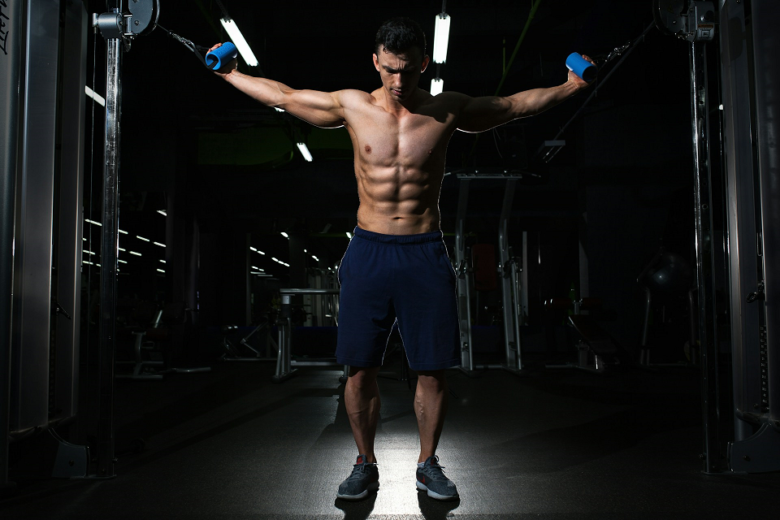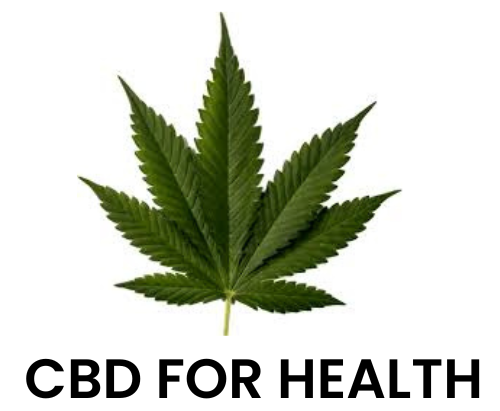
In recent years, there has been a growing interest in the use of cannabidiol (CBD) for muscle recovery and reducing post-exercise soreness. As the popularity of CBD continues to rise, more and more athletes and fitness enthusiasts are turning to this natural supplement to aid in their recovery and overall performance.
But what exactly is CBD? And how does it help with muscle recovery and post-exercise soreness? In this blog post, we’ll take a deeper look at the benefits of using CBD for these purposes, as well as some best practices for incorporating it into your workout routine.
Understanding CBD
CBD is one of over 100 chemical compounds known as cannabinoids found in the cannabis plant. Unlike its more well-known cousin, tetrahydrocannabinol (THC), CBD does not produce any psychoactive effects and is non-intoxicating.In recent years, research has shown that CBD has many potential health benefits, including reducing pain and inflammation, improving sleep quality, and aiding in anxiety and stress management. It’s no surprise that many athletes and fitness enthusiasts have turned to CBD as a natural alternative to traditional recovery methods.
How CBD Helps with Muscle Recovery
When we exercise, our muscles undergo stress and strain, causing micro-tears in the muscle fibers. This is a normal part of the muscle-building process, but it can also lead to soreness and inflammation. CBD has been shown to have anti-inflammatory properties, which can help reduce the pain and discomfort associated with post-exercise soreness.Additionally, CBD has been found to interact with the body’s endocannabinoid system (ECS), which plays a role in regulating various bodily functions such as sleep, mood, and pain. By interacting with this system, CBD may help promote muscle recovery by reducing pain and improving sleep quality.
Incorporating CBD into Your Workout Routine
If you’re interested in using CBD for muscle recovery, there are a few things to keep in mind. First and foremost, it’s essential to choose a high-quality product from a reputable source. Look for products that have been third-party tested for purity and potency.Next, consider the delivery method. CBD can be taken in various forms, including oils, tinctures, topicals, and capsules. Each method has its own benefits and drawbacks, so it’s essential to find one that works best for you and your needs.
When deciding on dosage, it’s always best to start low and slow. Every individual’s body chemistry is different, so what may work for one person may not work for another. Begin with a low dose and gradually increase until you find the desired effects.
It’s also important to note that CBD is not a magic solution for muscle recovery. It should be used in conjunction with proper rest, nutrition, and other recovery methods such as stretching or foam rolling.
Potential Side Effects
While generally regarded as safe, CBD can have potential side effects, including dry mouth, dizziness, and changes in appetite. It’s crucial to consult with a healthcare professional before incorporating CBD into your routine, especially if you are taking any medications or have underlying health conditions.The Future of CBD in the Fitness World
As research continues to grow on the benefits of CBD, we can expect to see it become a more widely accepted supplement in the fitness world. In fact, some professional athletes have already started using CBD as part of their recovery routine, including NFL players and MMA fighters.But it’s not just elite athletes who can benefit from CBD for muscle recovery. Whether you’re an avid gym-goer, a casual runner, or simply looking to improve your overall health and well-being, CBD may be a valuable addition to your workout routine.
Conclusion
Using CBD for muscle recovery and addressing post-exercise soreness has gained popularity in recent years, and for good reason. Its anti-inflammatory properties and potential interactions with the body’s ECS make it a natural, safe, and effective alternative to traditional methods. With proper research, dosage, and consultation with a healthcare professional, incorporating CBD into your workout routine may just be the missing piece in reaching your fitness goals and recovering faster from intense workouts. So why not give it a try and see the potential benefits for yourself? Your body will thank you. Remember to always prioritize rest, proper nutrition, and other recovery methods in conjunction with CBD for optimal results. Stay safe, stay healthy, and continue exploring the potential of this incredible supplement in the world of fitness. Let’s keep moving towards a healthier and happier version of ourselves. So next time you hit the gym or go for a run, don’t forget to consider adding CBD into your routine and see how it can benefit you.References
https://www.healthline.com/health/cbd-for-muscle-recovery#1https://www.bodybuilding.com/content/cbd-for-muscle-growth.html
https://floydsofleadville.com/the-benefits-of-using-cbd-oil-for-post-workout-recovery/
https://www.usada.org/spirit-of-sport/education/using-cannabidiol-as-a-nutritional-supplement/
https://www.forbes.com/sites/javierhasse/2019/09/05/the-ultimate-guide-to-cbd-and-sports/?sh=2d2f8c1e3a4a
https://www.menshealth.com/nutrition/a26047960/cbd-for-workout-recovery/
